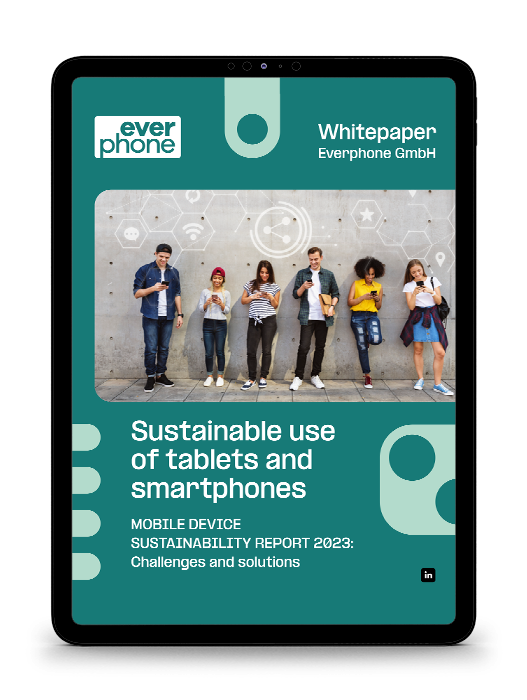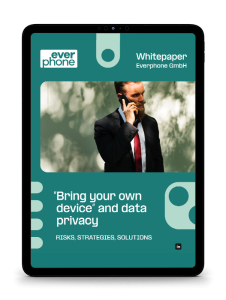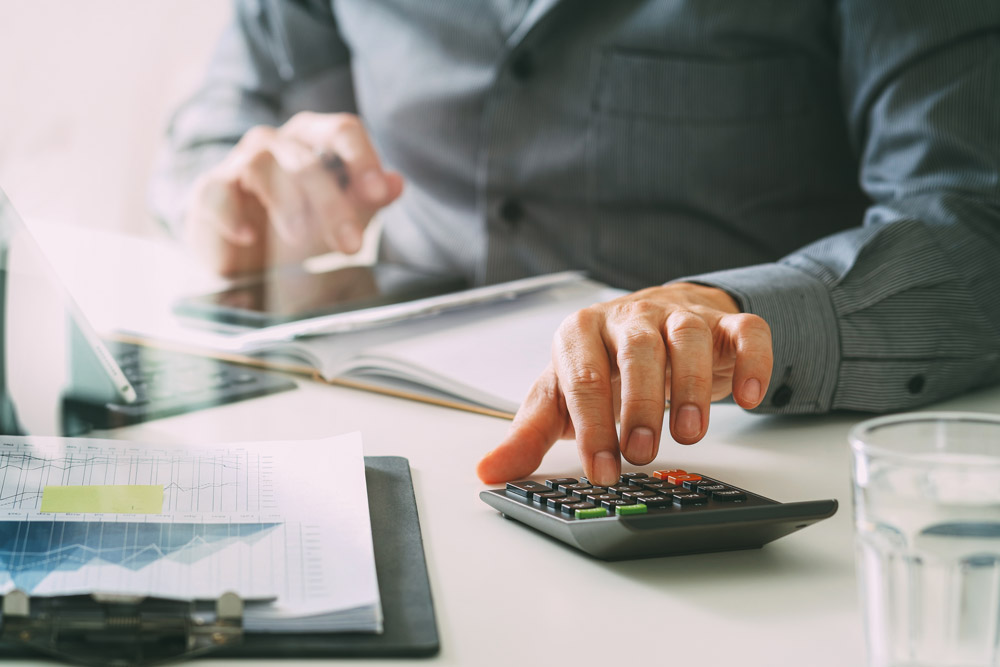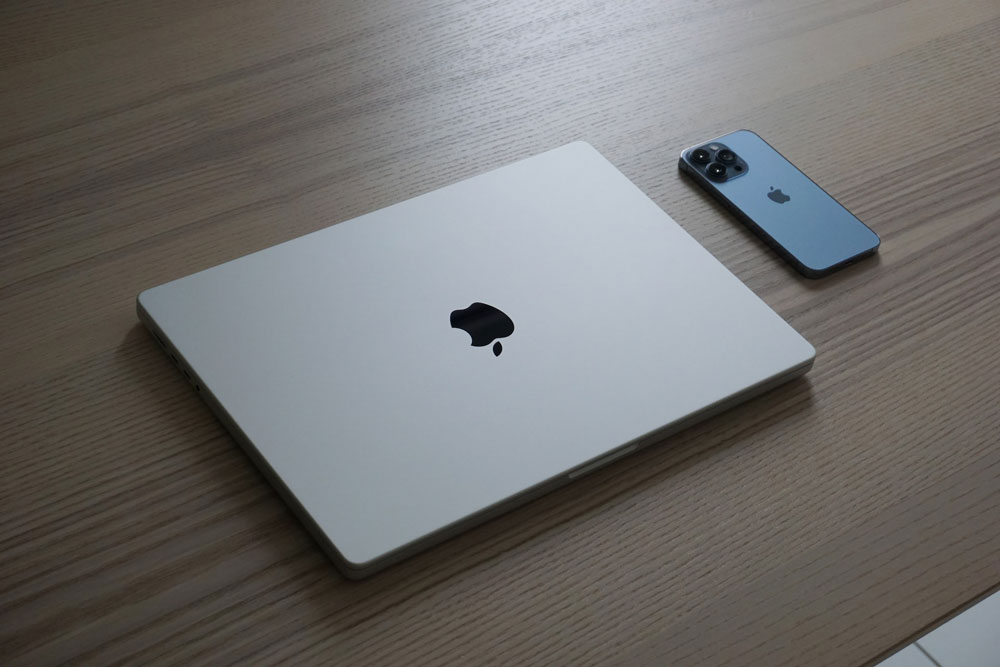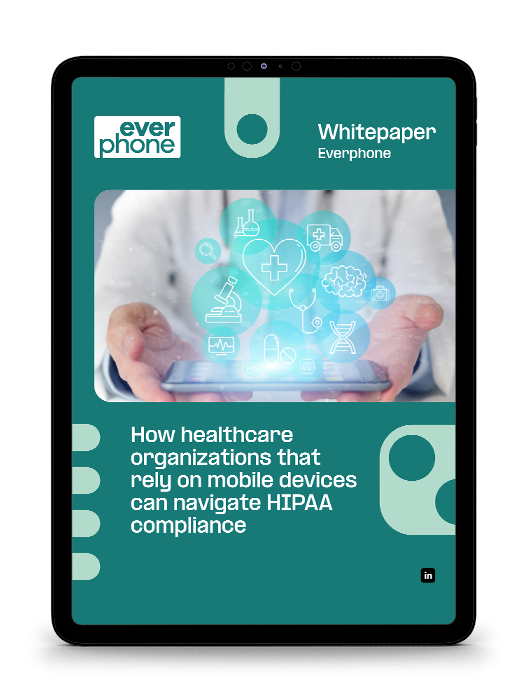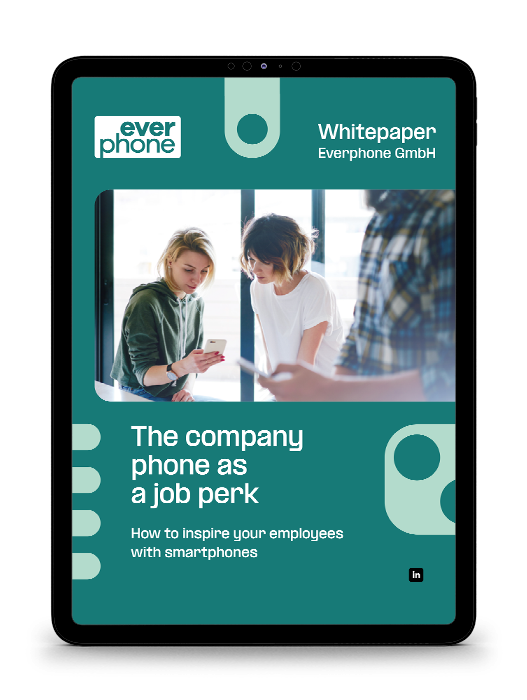Many businesses wonder if there are any work smartphone financial benefits. The use of smartphones has become a critical part of how we conduct business. Many individuals use cell phones, either company-provided (COPE) or personal devices (BYOD), to answer work emails, correspond with colleagues about a project, and much more.
The cost of procuring smartphones for work and paying for the service can become quite expensive. Are there certain business expenses surrounding work phones that can be deducted from tax?
Are there work smartphone financial benefits?
Many countries, including the US, offer certain tax benefits for businesses. Since smartphones, tablets, and laptops have become such an essential part of many businesses, the procurement and even service usage of these devices for work purposes have certain financial perks.
Things become a little complicated with cell phones for the business. Since the use of smartphones is so intrinsically linked to our personal lives, the regulation surrounding any financial claims is heavily scrutinized by the IRS to ensure that personal cell phone usage isn’t being claimed as business usage. Therefore it’s important to understand what can be claimed from taxes and what shouldn’t.
Can you deduct the expenses of work phones from taxes?
Certain expenses related to work phones can be deducted from taxes. However, as with any tax claims, it is crucial that businesses retain any proof of these business expenses, such as receipts, itemized billing invoices, and more to support any tax deduction claim. Let’s take a look at a few different ways that businesses can claim for the use of work phones from taxes.
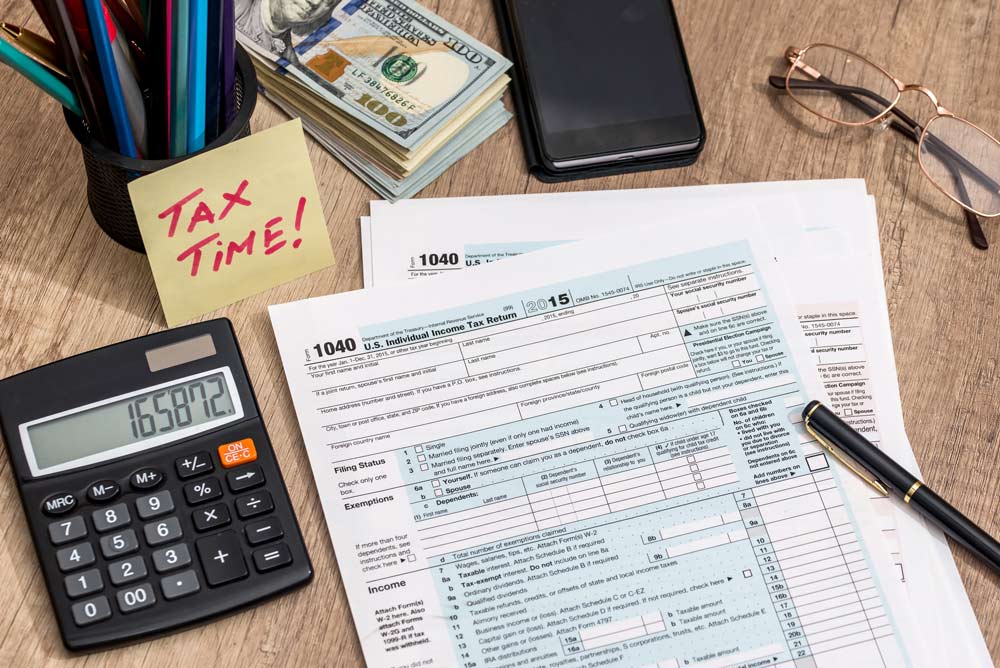
Claiming deposits of work smartphones from tax
In some cases, it’s essential for the company to buy smartphones, tablets, and laptops for their employees. Any devices bought explicitly by a company for the business can be deducted from taxes. This means that by buying the newest devices, whether they’re Samsung Galaxy smartphones or iPhones, the company can deduct these costs.
An election, called the de-minimis safe harbor election, allows businesses to claim back devices that cost less than $2500.00 within the first year of purchase. This is the easiest way to claim back the cost of smartphones as you don’t have to account for device depreciation.
Using a Phone as a Service (PaaS) provider can reduce company mobile phone costs by getting the best offers and negotiating the best deals on devices and phone plans with the relevant providers. Since these phones are a business expense, the procurement of the phones, tablets, and laptops can be claimed from taxes.
Good PaaS providers will also offer mobile data management services to ensure that the devices are set up correctly with all necessary business apps installed and comply with GDPR. In cases where employers agree that business devices may be used for personal tasks, your provider should be able to help you implement data separation to keep personal and business usage separate.
Deducting business usage of work phones from taxes
You can deduct the business usage of smartphones from taxes. If the company were to buy a smartphone and mobile service plan specifically for work, you could claim the entire bill from taxes. A business will be able to make this full claim even if they allow the employee to use the work phone for personal use, as long as they follow all other GDPR.
However, if an employee offers, or the business requests, that they use their device for both business and personal use, the employee can claim back from their personal tax claim. They will have to split the account to make sure they only claim for business use; this includes calls to business contacts or even apps or internet browsing strictly for business.
Since many businesses and employees now use devices for both work and private use, you will have to ensure you keep adequate records to prove to the IRS that your claims are for business use only. Here is the documentation that you’ll need:
- Itemized bill that indicated whether each call was for business or personal
- The business purpose of each call
Other charges that can also be considered business expenses include:
- Charges for business-related long distance or international calls
- Roaming charges related to business calls
- Additional services add specifically for business needs, such as subscriptions for business-related apps
- Any mobile plan increases due to business needs
Company phone private use tax deductions
Business owners and employees won’t be able to make any tax deductions when using a company mobile for private use. If you use the same device for both business and personal use, you’ll have to make sure that you get the itemized bill from your provider, and you’ll have to mark each charge as personal or business.
If you choose to deduct the total bill without distinguishing between personal and work usage and the IRS notices this, there may be more significant issues such as the retraction of benefits, and in serious situations, businesses could be held liable for tax fraud.
How to claim for the usage of work phones from taxes?
If businesses buy new devices and/or mobile plans, they can deduct these from their taxes by completing the required sections when submitting their tax claims. Remember to keep all receipts and invoices for any purchases made to support the claim.
If an employee uses their device as part of a BYOD arrangement with the company, the business will not be able to claim back for the business use of the device. The company will have to reimburse the employee or the employee can claim the business use of their device from taxes. However, once again, supporting documents are essential.
Final thoughts
Buying mobile devices and plans for employees can benefit a business in different ways. First of all, smartphones make a great employee benefit (perk). One added benefit is that businesses can deduct any purchases of work phones from taxes. This means the business can supply its employees with the high-end devices, security features, and apps required while still being able to claim that investment back.




